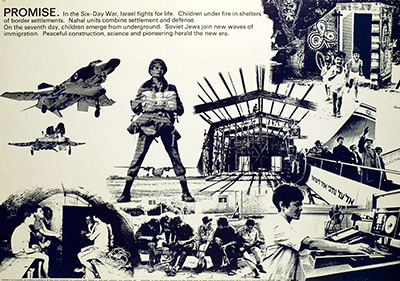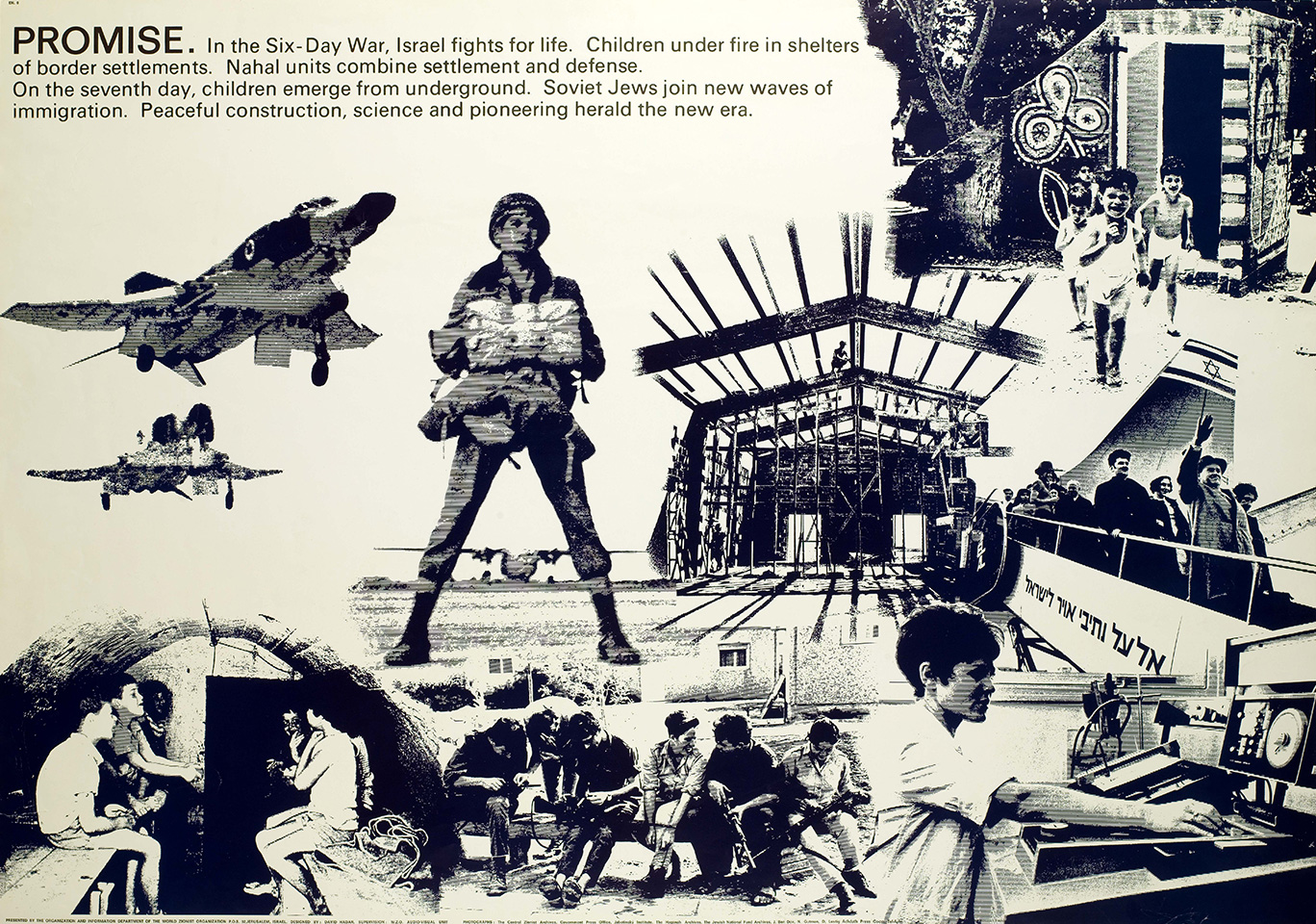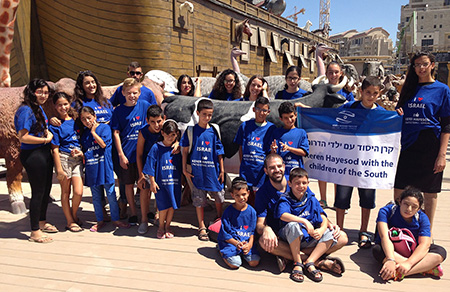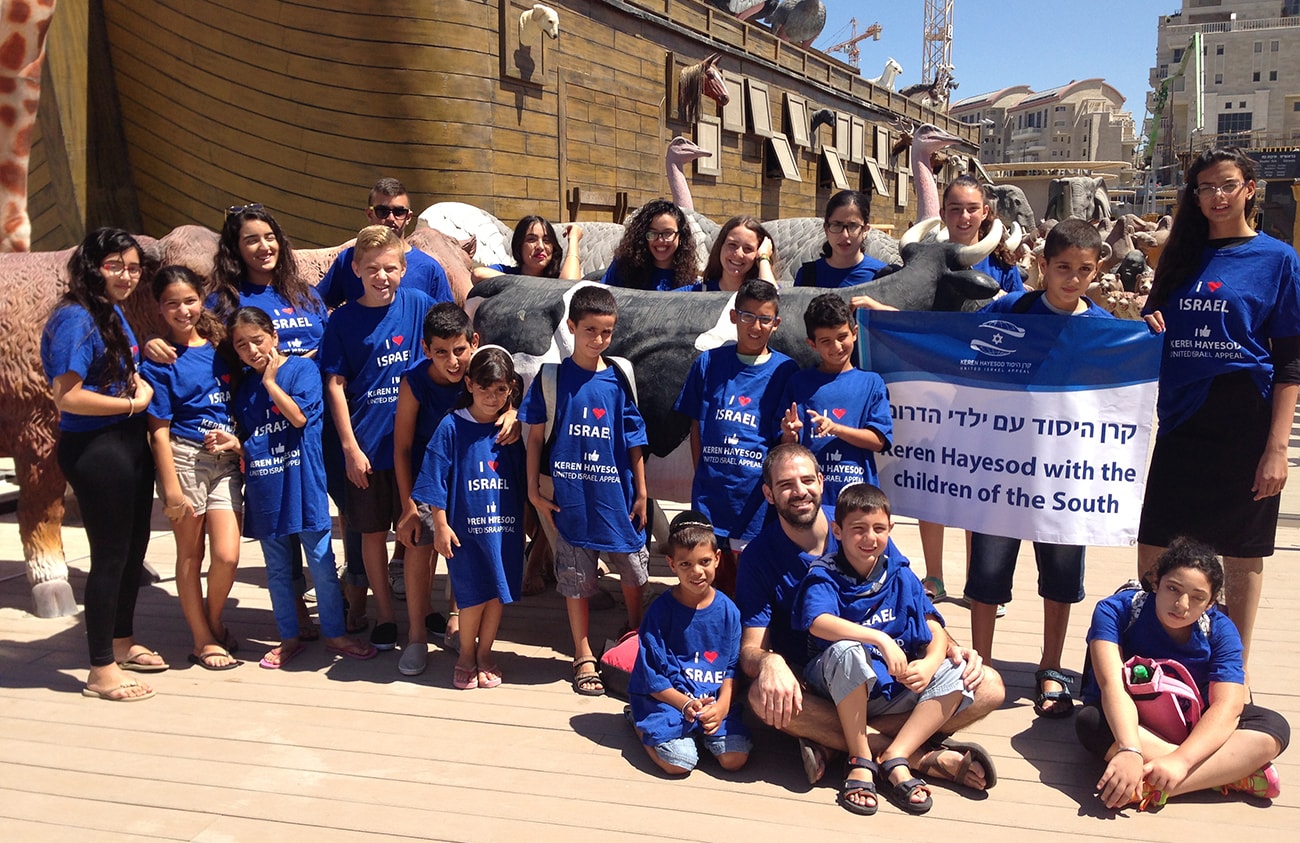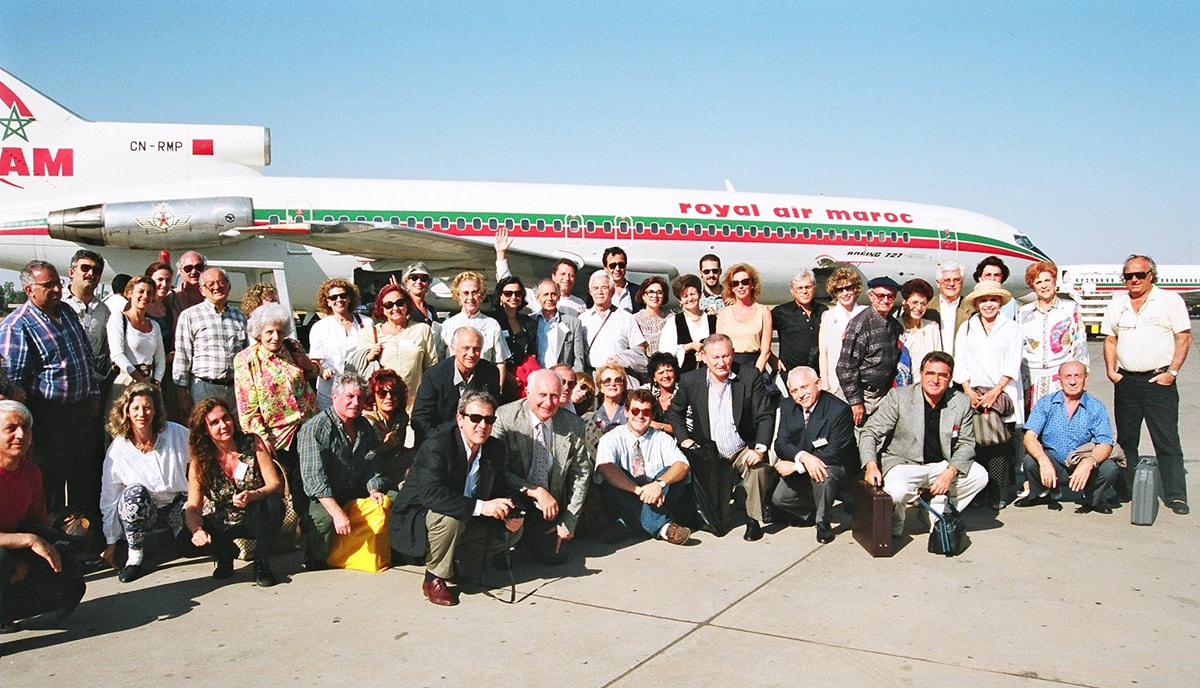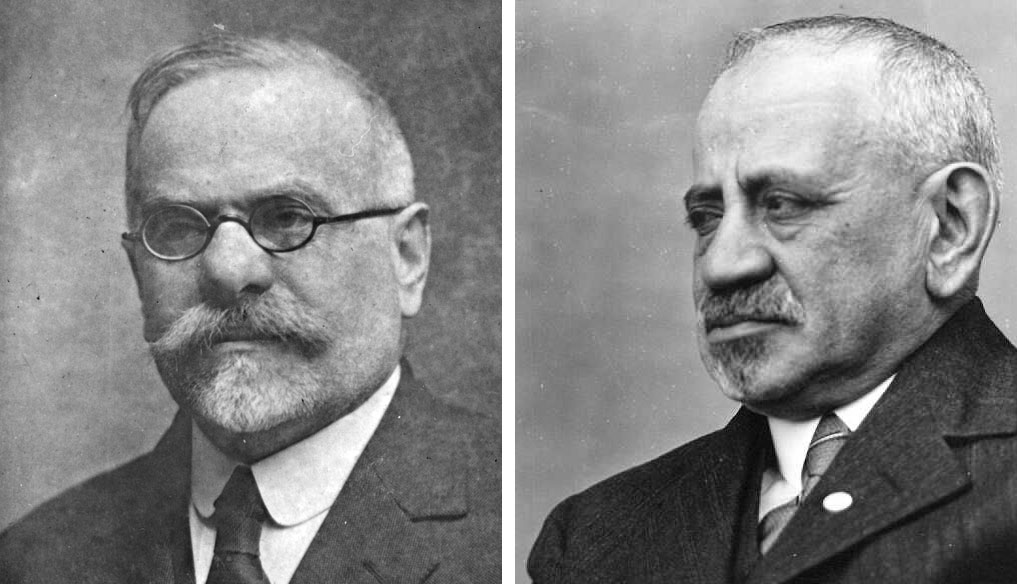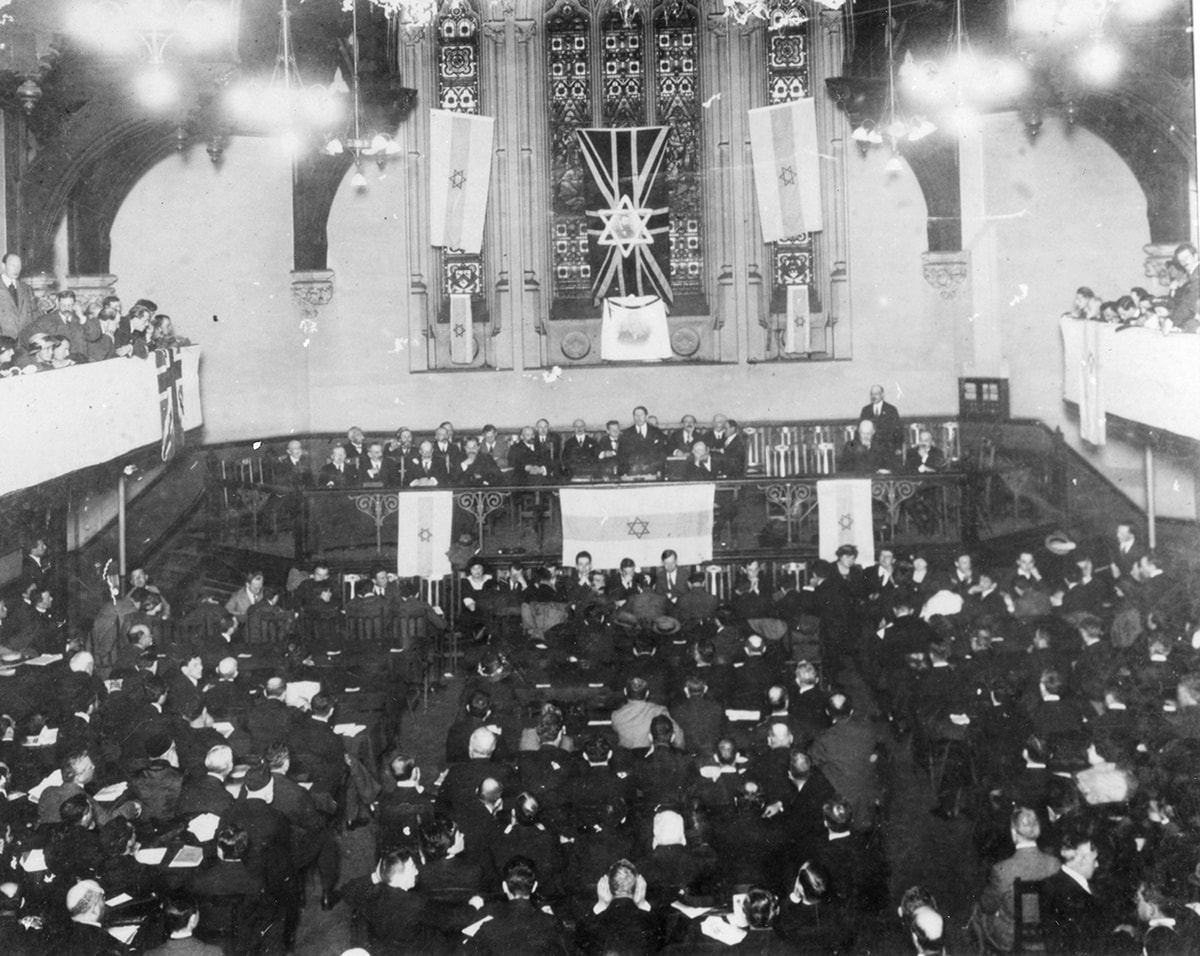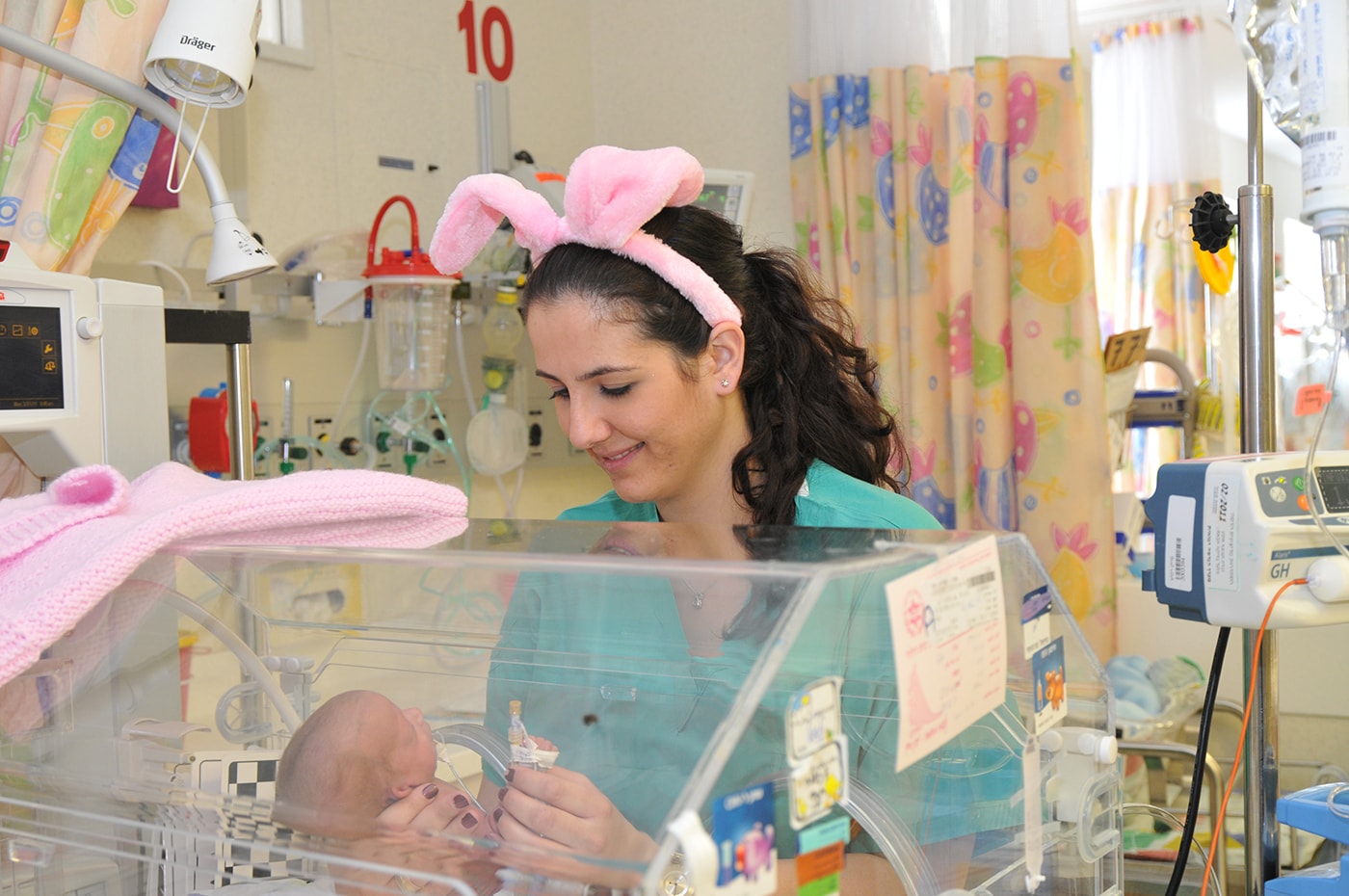
The South was experiencing difficult times. At the height of Operation Cast Lead in 2008, Barzilai Hospital in Ashkelon, 11 km from the border, had to be evacuated in an emergency situation. It was within rocket range and lacked protection and was therefore declared to be at special risk. Departments were moved to basements and shelters, and about half of the patients were sent home.
The NICU incubators and delicate preemies were transferred, within minutes, under very difficult conditions, to the shelter. But it wasn’t only then that emergency evacuations had to be carried out. In the ensuing years also, evacuation became a painful routine every time the situation in the South heated up. The hospital management had tried for years to raise money to build safe, protected structures, including an NICU in which efficient treatment could be provided without removing the preemies from a safe environment. In recent years, thanks to donations raised with the help of Keren Hayesod, modern new protected premises that are secure and safe have been built.
Since the founding of the state until the present, Keren Hayesod has supported the establishment and renovation of many hospitals throughout Israel: Nahariya Medical Center, Poriya, Rambam, Bnei Zion, Ziv, Hillel Yaffe, Assaf Harofeh, Ichilov, Sheba, HaEmek, Assuta Ashdod, Hadassah Mt. Scopus, Hadassah Ein Kerem, Barzilai, Soroka, Wolfson and Schneider. Thanks to Keren Hayesod, all the citizens of Israel enjoy better medical treatment.
Photo: NICU Barzilai Hospital, 2014

